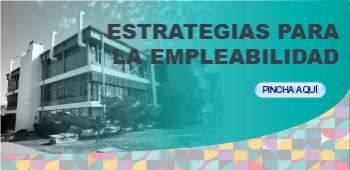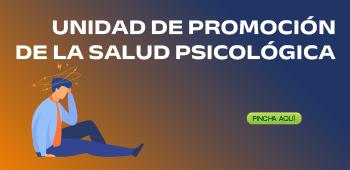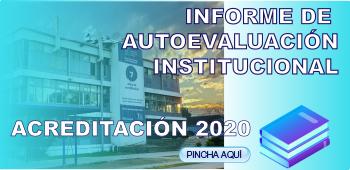Clase abierta y gratuita: Fármacos II y el nuevo escenario para los medicamentos y dispositivos médicos
Actividades
-
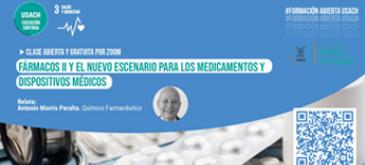 Jun 511:00
Jun 511:00 -
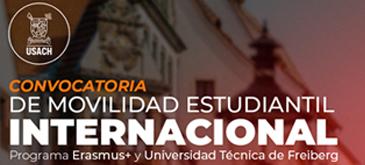 Mayo 614:00Atención estudiantes de postgrado:
Mayo 614:00Atención estudiantes de postgrado: -
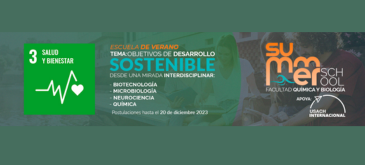 Ene 809:45
Ene 809:45Se parte del primer Summer School de la Facultad de Química y Biología de la USACH
Avisos Importantes
Videos
Presentación carrera de Pedagogía en Química y Biología - Infraestructura

